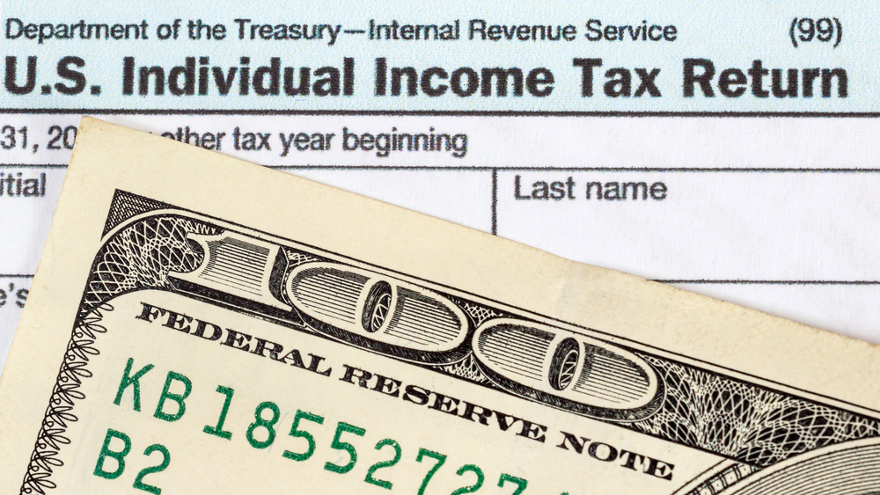Lane watch: The ‘sweet spot’ of this short tax season

By subscribing, you agree to receive communications from Auto Remarketing and our partners in accordance with our Privacy Policy. We may share your information with select partners and sponsors who may contact you about their products and services. You may unsubscribe at any time.
That whoosh you just heard and felt might have been this year’s tax season.
Monday marked the deadline for individuals to file their state and federal taxes, and Black Book acknowledged that the spring / tax season market looks “different and shorter this year.”
Analysts elaborated about an overall wholesale market that continues to decline, as Black Book reported on Tuesday that overall values dipped 0.20% during the week that closed on the day before Easter.
“Older model years (8- to 16-years-old) had another week of outperforming newer model years, but they started to decline again, too,” Black Book said in the newest installment of Market Insights. “The ‘sweet spot’ for the buyers shifted toward older than normal vehicles.
“Higher gas prices are affecting the demand for trucks and SUVs — almost all the non-luxury crossover/SUV and pickup segments of all ages are depreciating at an accelerating rate, while non-luxury car segments are appreciating,” Black Book continued in the report.
Analysts determined that on a volume-weighted basis, overall car segment values actually ticked up 0.05%, with five of the nine car segments increasing last week.
Subscribe to Auto Remarketing to stay informed and stay ahead.
By subscribing, you agree to receive communications from Auto Remarketing and our partners in accordance with our Privacy Policy. We may share your information with select partners and sponsors who may contact you about their products and services. You may unsubscribe at any time.
Popular metal to move during tax season continues to rise in value, as Black Book said prices for compact cars now have climbed for four consecutive weeks at an average of 0.38%.
Values for subcompact cars moved higher, too, rising 0.25%, while high-line models all softened, led by near luxury cars (down 0.34%), followed by prestige luxury car (down 0.30%), luxury cars (down 0.20%) and premium sporty cars (down 0.12%).
In the truck market, perhaps reflecting some of those pains at the pump, Black Book said that overall truck values on a volume-weighted basis dropped another 0.33% last week after decreasing 0.28% a week earlier.
Four out of the 13 truck segments posted price increases, with values of compact crossovers (up 0.28%) rising for the third consecutive week.
Conversely, Black Book noticed values for full-size crossovers/SUVs declined 2.14% last week after dropping 1.70% during the previous week.
Analysts wrapped up its latest update by mentioning the estimated average weekly sales rate remained consistent last week at 67%, with sellers continuing to hold firm to floor pricing.
“With supply chain issues as a result of the COVID-19 pandemic and the war in Ukraine continuing to plague the automotive industry, model-year 2022 vehicles continue to be scarce in the wholesale market,” Black Book said. “All indicators point to the fact that we are well underway into the spring/tax-season market, although it is slightly different this year when compared to prior years.
“Dealerships across the board have adapted to the rising vehicle values by purchasing older models for their spring market customers, which has led to some interesting trends in the 8-to-16-year-old vehicles,” analysts continued. “Franchise dealers have been fairly active in lane, indicating that although new inventory has been coming in from manufacturers, it is not enough to meet customer demand, at least for some brands. Large independent dealers have been active, but not as active as we have come to expect, so they may be finding luck sourcing inventory from upstream platforms or direct from consumer.
“Rental companies continue to be extremely competitive in lane since they are unable to source inventory directly from the manufacturers,” Black Book went on to say. “With COVID restrictions rolling back and boarders opening, Americans are traveling easier for spring break with the trend expecting to continue for summer travel, so rental companies will most likely stay active through the fall months to keep up with demand.”


